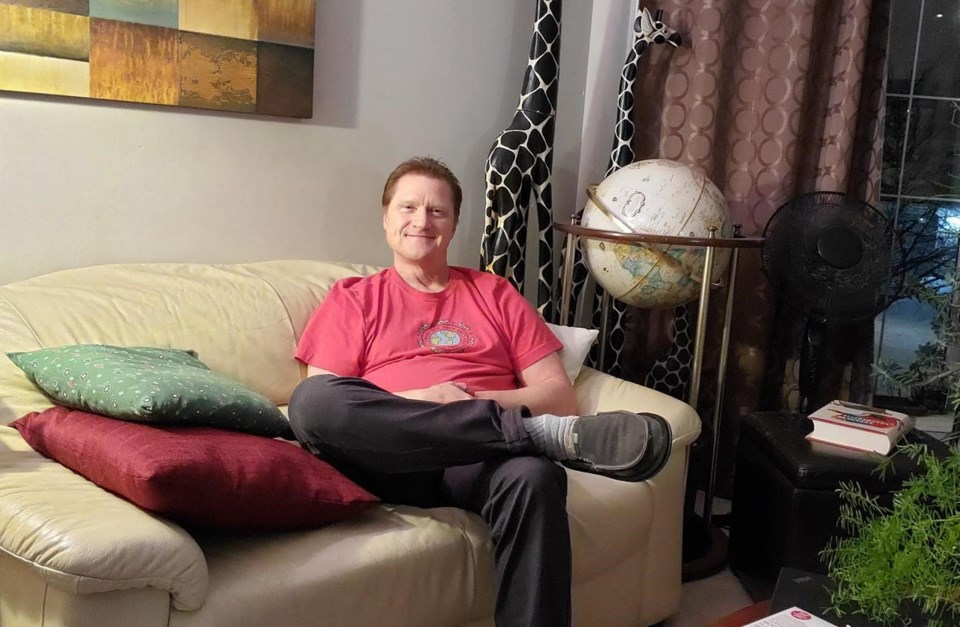A group of health-care workers and patients have turned to Federal Court in an effort to overturn Health Canada's rejection of their request to use a restricted psychedelic drug for professional training.
Health Canada turned down the request last month to allow health workers to access and consume psilocybin – the psychedelic compound produced by magic mushrooms – after they argued it was necessary for professional training to provide psilocybin-assisted therapy.
The group of 79 individuals, which includes nurses, doctors, counsellors and patients, filed an application for judicial review of Health Canada's decision with the court on Friday, their lawyer said.
"There are very few healthcare practitioners in Canada who are trained in administering psilocybin-assisted psychotherapy. These few practitioners are unable to meet the overwhelming need," the application filed with court said.
"Many patients are unable to receive treatment. Many more are unable to even begin the process of seeking treatment because there are not enough trained healthcare practitioners."
The health professionals are arguing that experiencing the restricted drug themselves is needed to safely provide psilocybin-assisted therapy to patients.
Their case comes after a similar application for judication review on behalf of 96 health professionals was argued in Federal Court in March – a ruling in that case is pending .
Nicholas Pope, the lawyer representing health-care workers and patients in both cases, said the latest legal effort involves Thomas Hartle, a 54-year-old from Saskatchewan, who was the first person in Canada granted permission to undergo psilocybin-assisted therapy.
Hartle has stage four terminal cancer and suffers from end-of-life distress, Pope said.
"What he's found is he needs treatment about every three to six months because it starts to wear off," Pope said in a phone interview.
"Now he's unable to get further treatment because for each of his past treatments that has been approved for by Health Canada, he's had to fly from his home in Saskatoon to British Columbia to have it done."
Pope said it is difficult for Hartle, as a terminal cancer patient, to keep travelling to B.C. for treatment.
"Now he's unable to continue getting this treatment … because there are no adequately trained practitioners closer to his home in Saskatchewan," the lawyer said.
In an affidavit filed with court, Hartle writes that the psilocybin-assisted therapy has been effective for him. Before going through it, he was in a constant state of depression and all he could think about was his "imminent death," he said.
Health Canada did not respond to a request for a comment on the latest case on Friday.
Psilocybin-assisted psychotherapy involves ingesting consciousness-altering substances like psilocybin in a clinical setting as part of more traditional psychotherapy. A trained, licensed clinical practitioner then provides therapy that guides patients as they experience the effects of the psychedelic.
Several peer-reviewed studies have found such psychotherapy can safely and effectively treat patients dealing with psychological and physical pain that is otherwise treatment resistant.
In 2020, Health Canada started granting exemptions under the Controlled Drugs and Substances Act to patients suffering from end-of-life psychological distress, treatment-resistant depression and major depressive disorder.
In the previous case in March, Pope argued in court that Canada was violating the rights of hundreds of patients by creating a barrier for doctors trying to get training on how to provide the therapy, growing the backlog of patients looking to access therapists offering the treatment.
"Thousands of patients across Canada who suffer from treatment resistant depression, major depressive disorder, and end-of-life distress have tried countless treatments and medications but have found no relief,” he told the court.
"Each day that goes on, the delay increases risk of harm … Waitlisted patients have testified that they’ve contemplated or attempted suicide."
Pope said at that time that it was "absolutely essential" for professionals who want to get a license to experience the psychedelics themselves because "experts have all agreed experiential training and personal experience with psilocybin is required to safely guide patients through psilocybin assisted psychotherapy."
In March, a lawyer for Health Canada argued that Health Canada hasn’t seen evidence that therapists ingesting the psychedelic trains them to provide more effective treatment.
There are Canadians who provide the psychotherapy without having consumed magic mushrooms during their trainings, lawyer Jennifer Francis had said.
She also said the health minister believes the health-care professionals are making "sweeping and conclusive statements about the state of the scientific evidence” on psychedelics.
Pope said he was expecting a decision on the March case very soon.
"Hopefully, if we get a positive result in the first court case, the government will do the right thing on this (latest) court case," he said.
This report by The Canadian Press was first published Sept. 15, 2023.
Fakiha Baig, The Canadian Press



